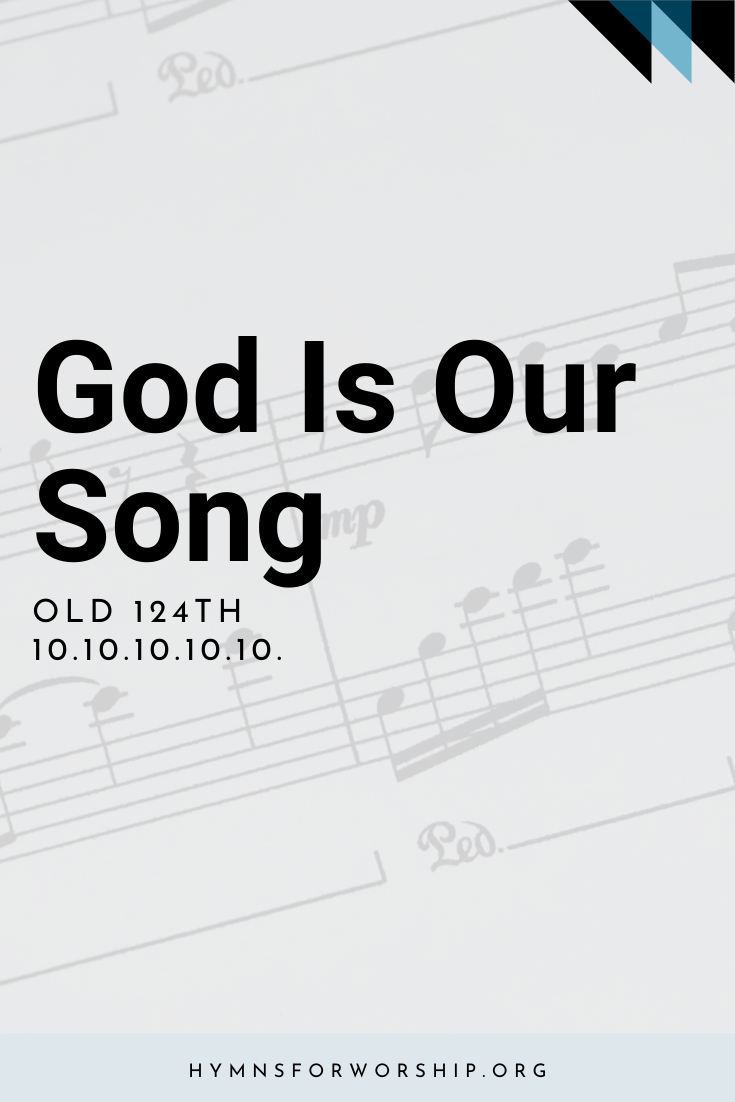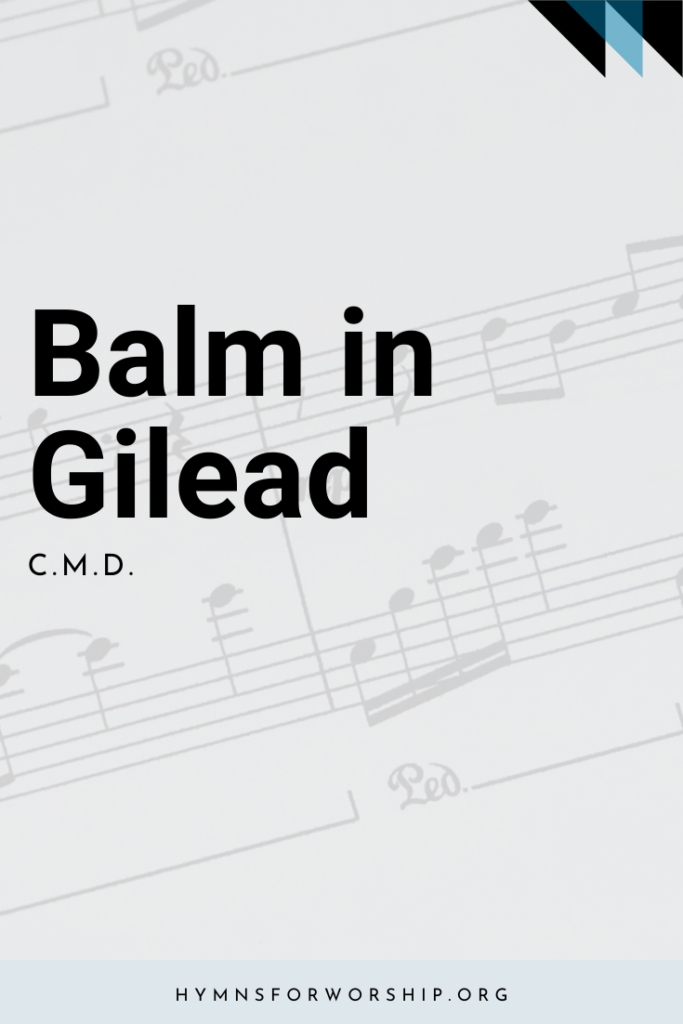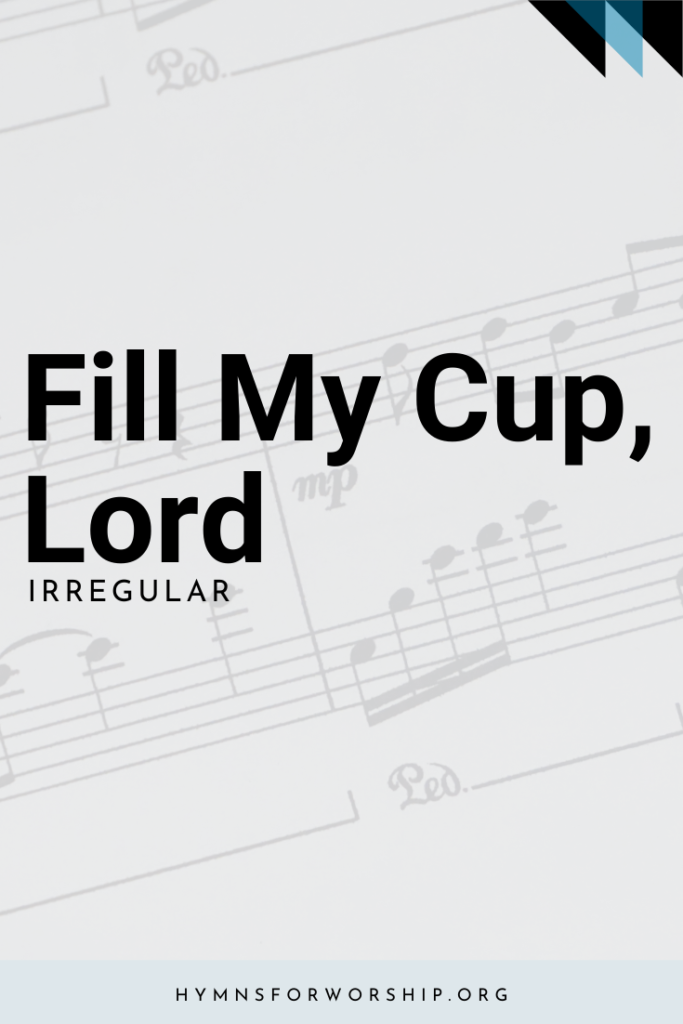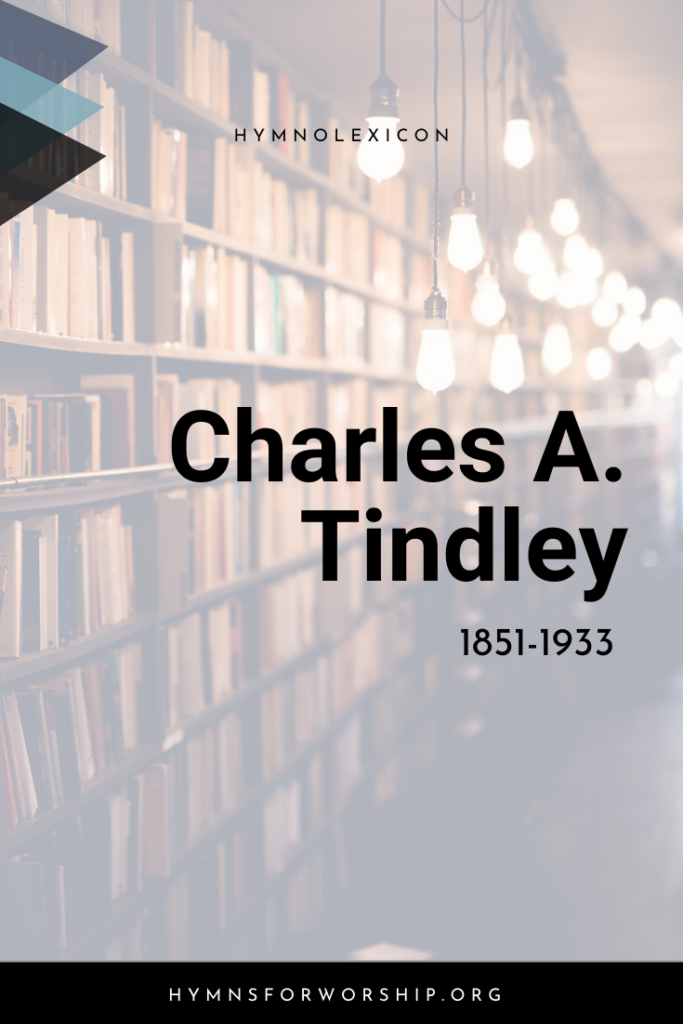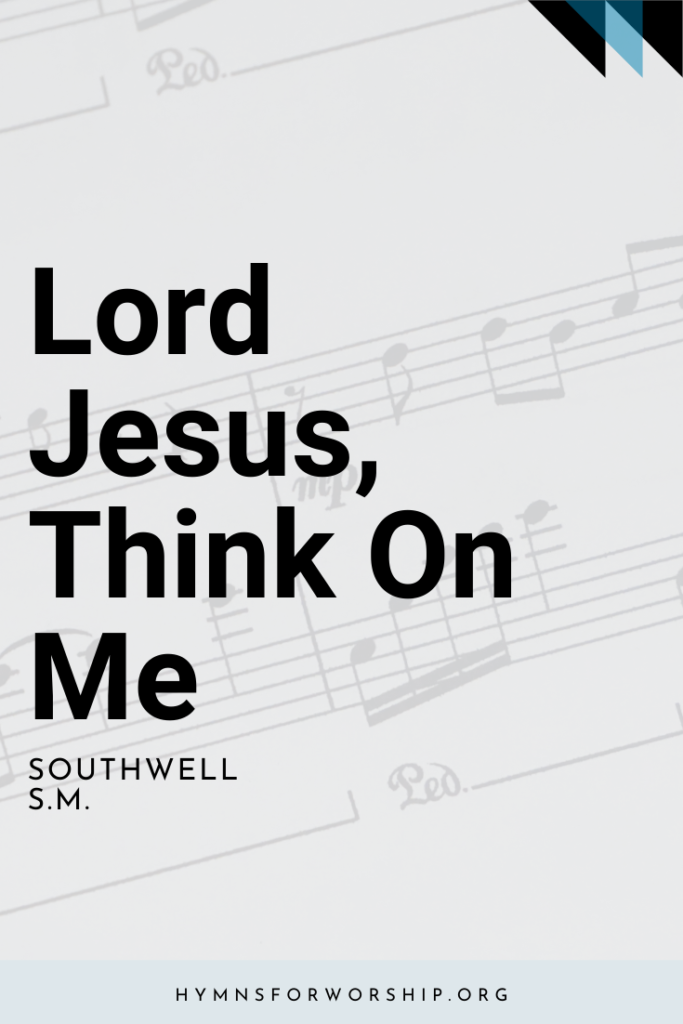WORSHIP >> Adoration & Praise
SDAH 22
God is our Song, and every singer blest
Who praising Him finds energy and rest.
All who praise God with unaffected joy
Give back to us the wisdom we destroy,
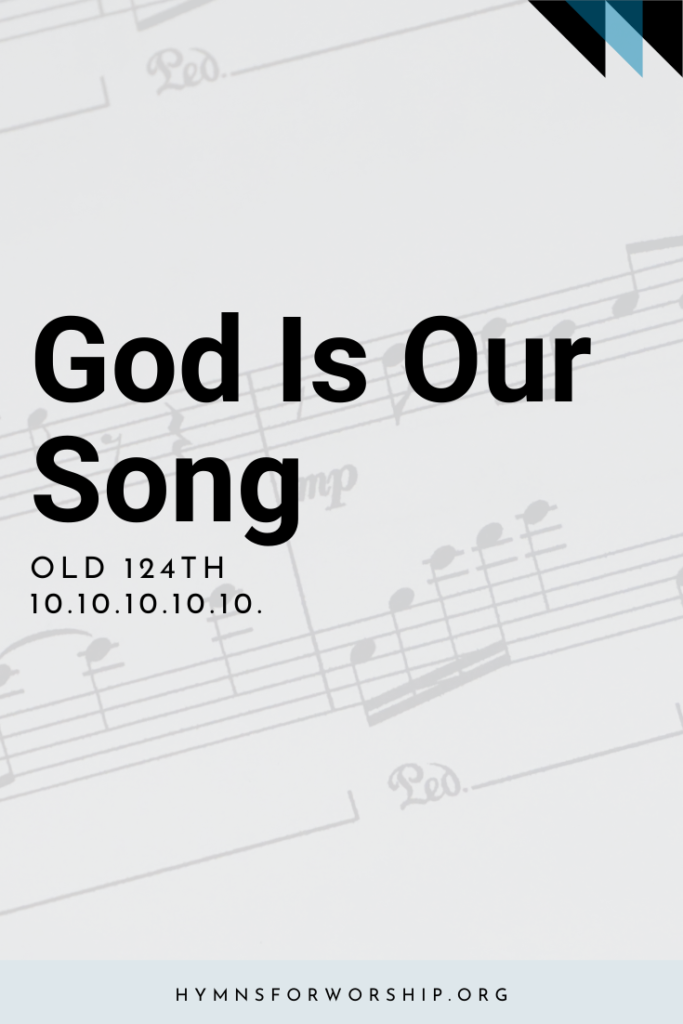
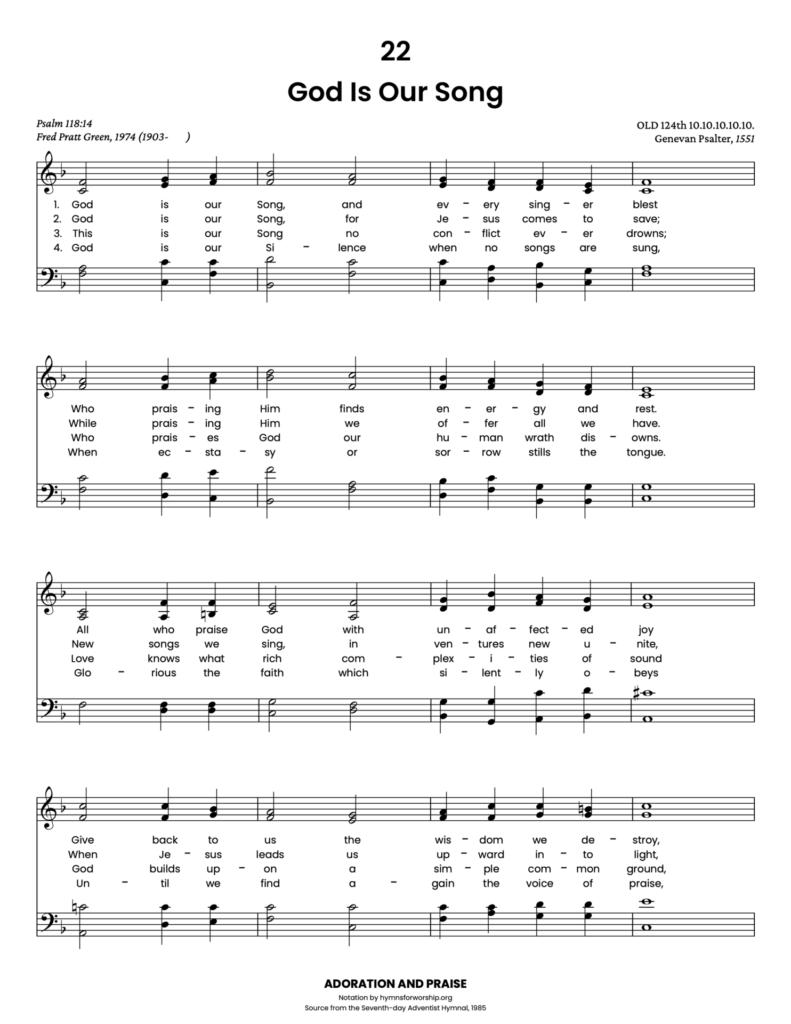
Get the hymn sheet in other keys here
For Worship Leaders
Make each hymn more meaningful with these helpful tools: Short, ready-to-use hymn introductions for church bulletins, multiple ways to introduce a hymn based on your worship theme and in-depth history and insights to enrich your song service.
Hymn Spotlight: God Is Our Song
A hymn celebrating music as an expression of faith, God Is Our Song is based on Psalm 118:14 (RSV): “The Lord is my strength and my song; he has become my salvation.” Written by Fred Pratt Green at the request of British hymnologist John Wilson, it was first published in Westminster Praise (1976).
Uniquely, this hymn acknowledges both songs of joy and moments of silence when words fail us: “God is our Silence when no songs are sung.” Even in those quiet moments, faith sustains us until we find our voice again in praise.
The tune, OLD 124TH, comes from the Genevan Psalter (1551), compiled by Louis Bourgeois, a key figure in Reformation hymnody. His melodies formed the foundation of English and Scottish hymn traditions and continue to inspire worship today.
As we sing, may we be reminded that God is both our song and our silence, carrying us through every moment of life in faith and praise!


Text
1
God is our Song, and every singer blest
Who praising Him finds energy and rest.
All who praise God with unaffected joy
Give back to us the wisdom we destroy,
Give back to us the wisdom we destroy.
2
God is our Song, for Jesus comes to save;
While praising Him we offer all we have.
New songs we sing, in ventures new unite,
When Jesus leads us upward into light,
When Jesus leads us upward into light.
3
This is our Song no conflict ever drowns;
Who praises God our human wrath disowns.
Love knows what rich complexities of sound
God builds upon a simple common ground,
God builds upon a simple common ground.
4
God is our Silence when no songs are sung,
When ecstasy or sorrow stills the tongue.
Glorious the faith which silently obeys
Until we find again the voice of praise,
Until we find again the voice of praise.

Hymn Info
Biblical Reference
(a) Ps 118:14 (b) Ps 96:1
Author
Fred Pratt Green (1903-)
Year Published
1974
Copyright
Words copyright 1976 by Hope Publishing Co., Carol Stream, IL 60188. All rights reserved. Used by permission.
Hymn Tune
OLD 124TH
Metrical Number
10.10.10.10.10.
Tune Source
Genevan Psalter
Year Composed
1551
Theme
ADORATION & PRAISE

